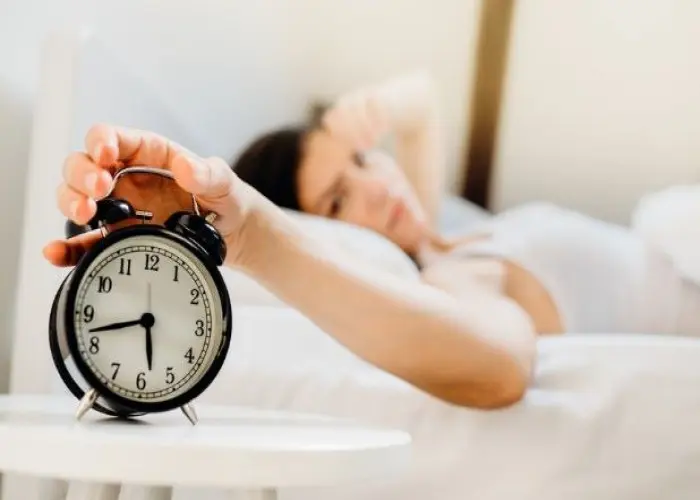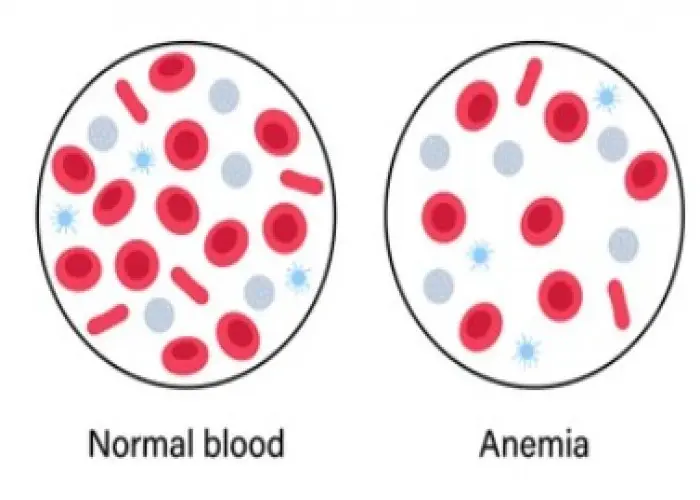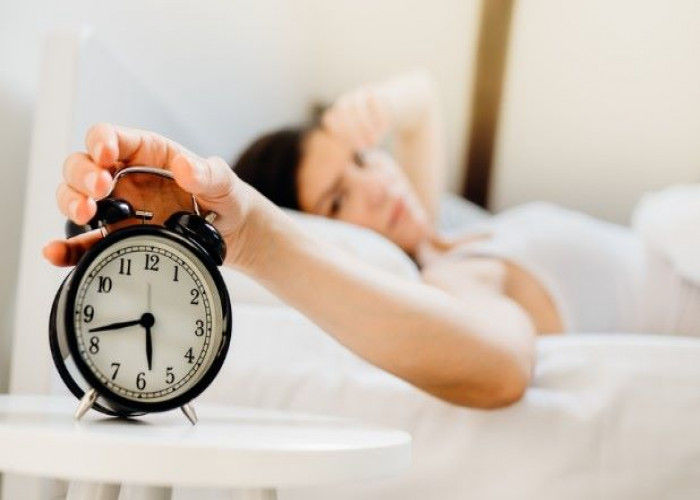 Welcome
Welcome
“May all be happy, may all be healed, may all be at peace and may no one ever suffer."
Delayed sleep phase

The delayed sleep phase (DSP) is a circadian rhythm sleep disorder that affects an individual's natural sleep-wake cycle. People with DSP have a hard time falling asleep at a "normal" bedtime, typically before 2 a.m., and have difficulty waking up at a "normal" time, often until late morning or early afternoon. This can lead to sleep deprivation and difficulty functioning during the day.
The causes of DSP are not fully understood, but it is believed to be related to a disruption in the body's internal biological clock, which regulates the timing of sleep and other physiological functions. Environmental factors, such as exposure to light, and social factors, such as work and school schedules, can also contribute to the development of DSP.
Treatment for DSP often involves a combination of behavioral and environmental interventions. This can include establishing a consistent sleep schedule, avoiding stimulants such as caffeine and nicotine, and implementing good sleep hygiene practices such as avoiding electronic screens before bedtime. In some cases, light therapy or medication may also be recommended.
If left untreated, DSP can lead to significant impairment in daytime functioning, affect mood, and cause other health problems such as obesity and cardiovascular disease. It is important to speak with a healthcare professional if you are experiencing symptoms of DSP or other sleep disorders.
Research Papers
Disease Signs and Symptoms
- Excessive sleepiness
- Delayed sleep phase
Disease Causes
Disease Prevents
Disease Treatments
Your doctor will work with you to create a plan for you to treat your condition.
Your plan may include:
- Improving sleep habits. Your doctor may call this sleep hygiene. Good sleep hygiene involves maintaining a regular sleep schedule, avoiding caffeine and stimulating activities near bedtime, avoiding tobacco and alcohol, and only using your bedroom for sleeping and sex. It's also helpful to exercise in the morning and avoid moderate to vigorous exercise close to bedtime.
- Melatonin supplements. Doctors may prescribe a melatonin supplement to take in the early evening, to help adjust your circadian rhythm.
- Light therapy. Having light exposure in the morning may adjust your internal sleep clock (circadian rhythm).
- Chronotherapy. In chronotherapy, doctors may prescribe you a sleep schedule that delays your bedtime by 1 to 2.5 hours every six days, until the desired bedtime is reached. You should maintain your sleep schedule once it is established.
Disease Diagnoses
Disease Allopathic Generics
Disease Ayurvedic Generics
Disease Homeopathic Generics
Disease yoga
Delayed sleep phase and Learn More about Diseases

Bad breath

Latex allergy

Hemifacial spasm

Microscopic colitis

Epidermoid cysts

Anemia

Concussion

Stuttering
Delayed sleep phase, Delayed sleep phase disorder, বিলম্বিত ঘুমের দশা
To be happy, beautiful, healthy, wealthy, hale and long-lived stay with DM3S.
